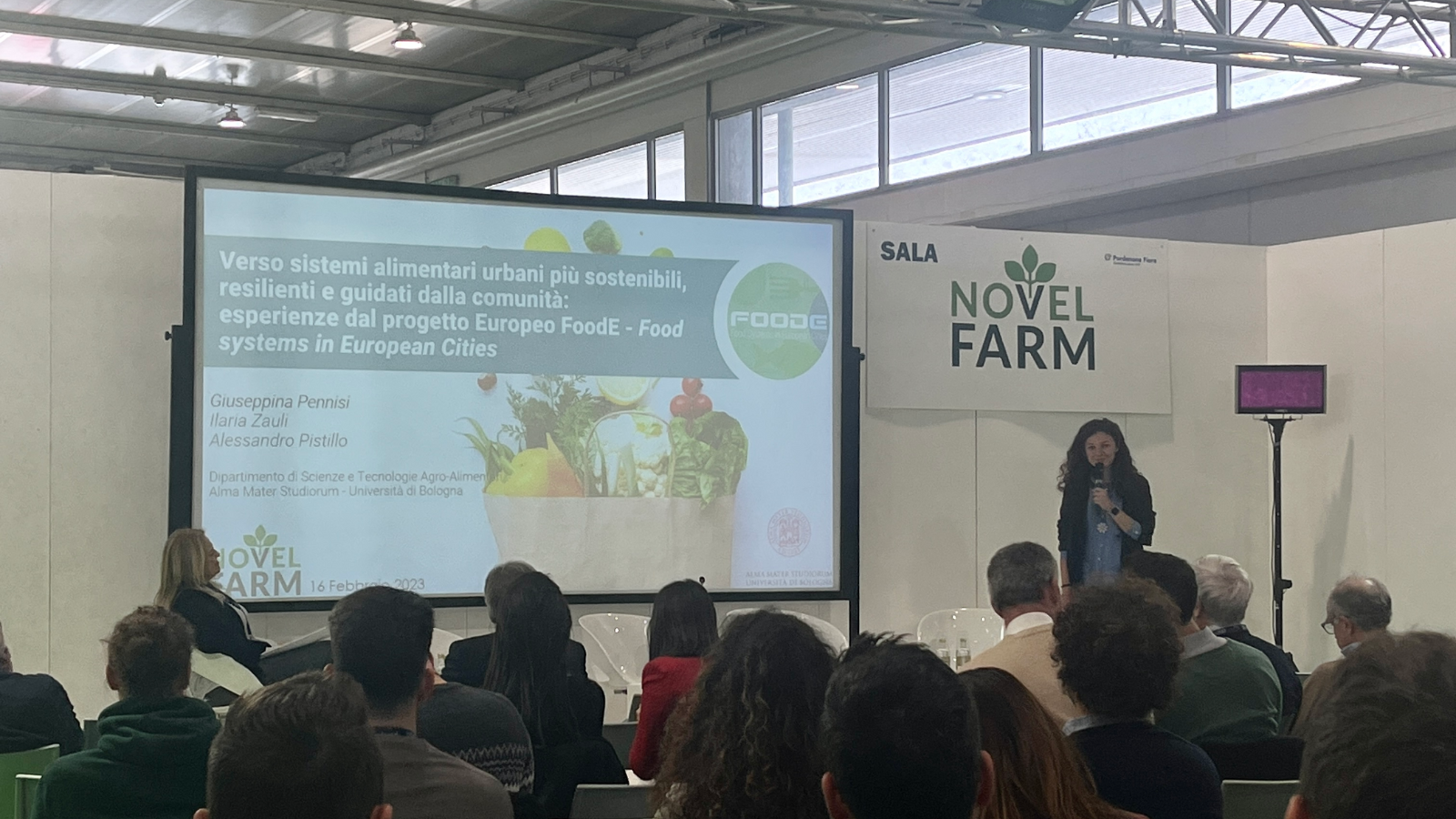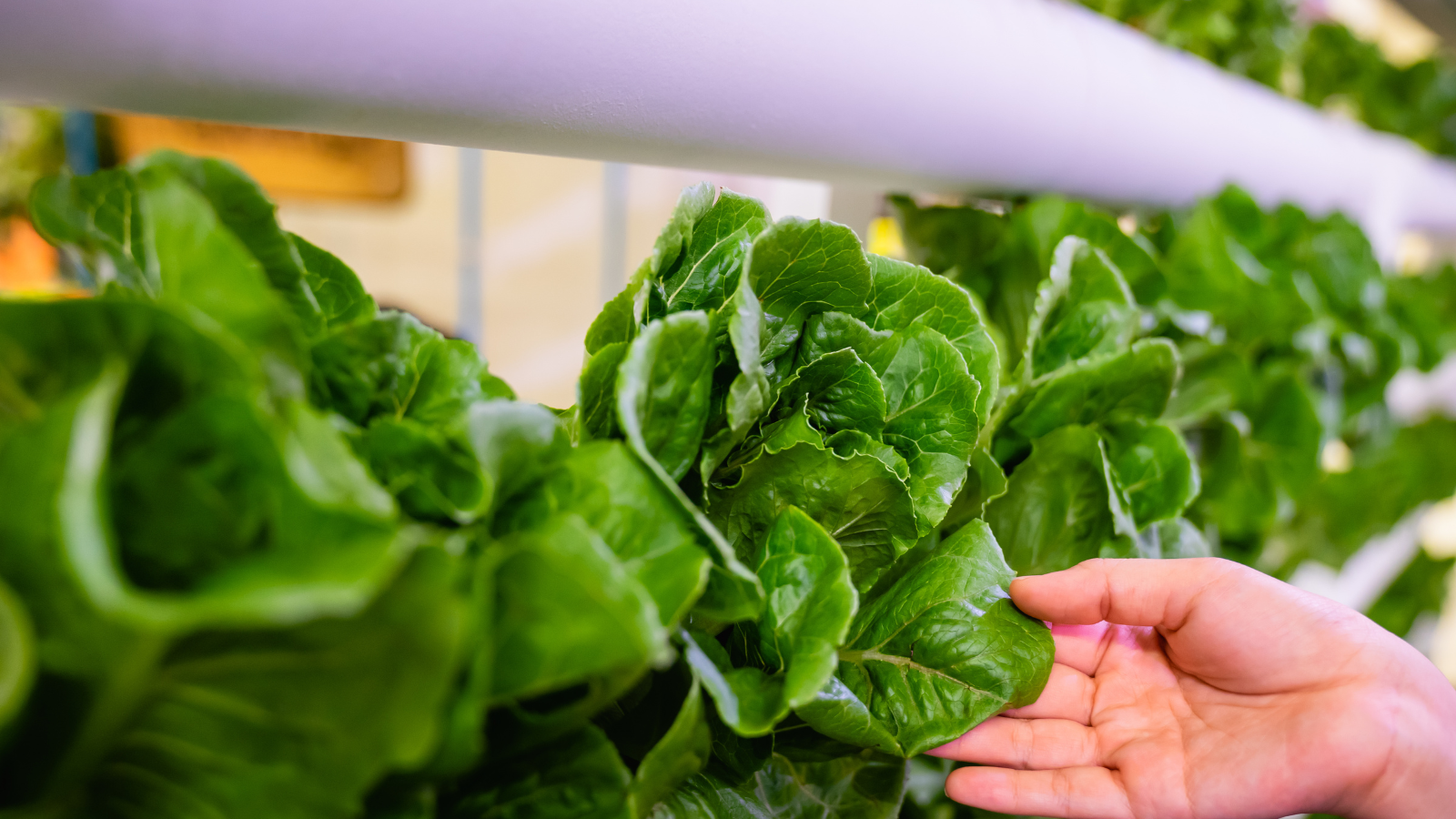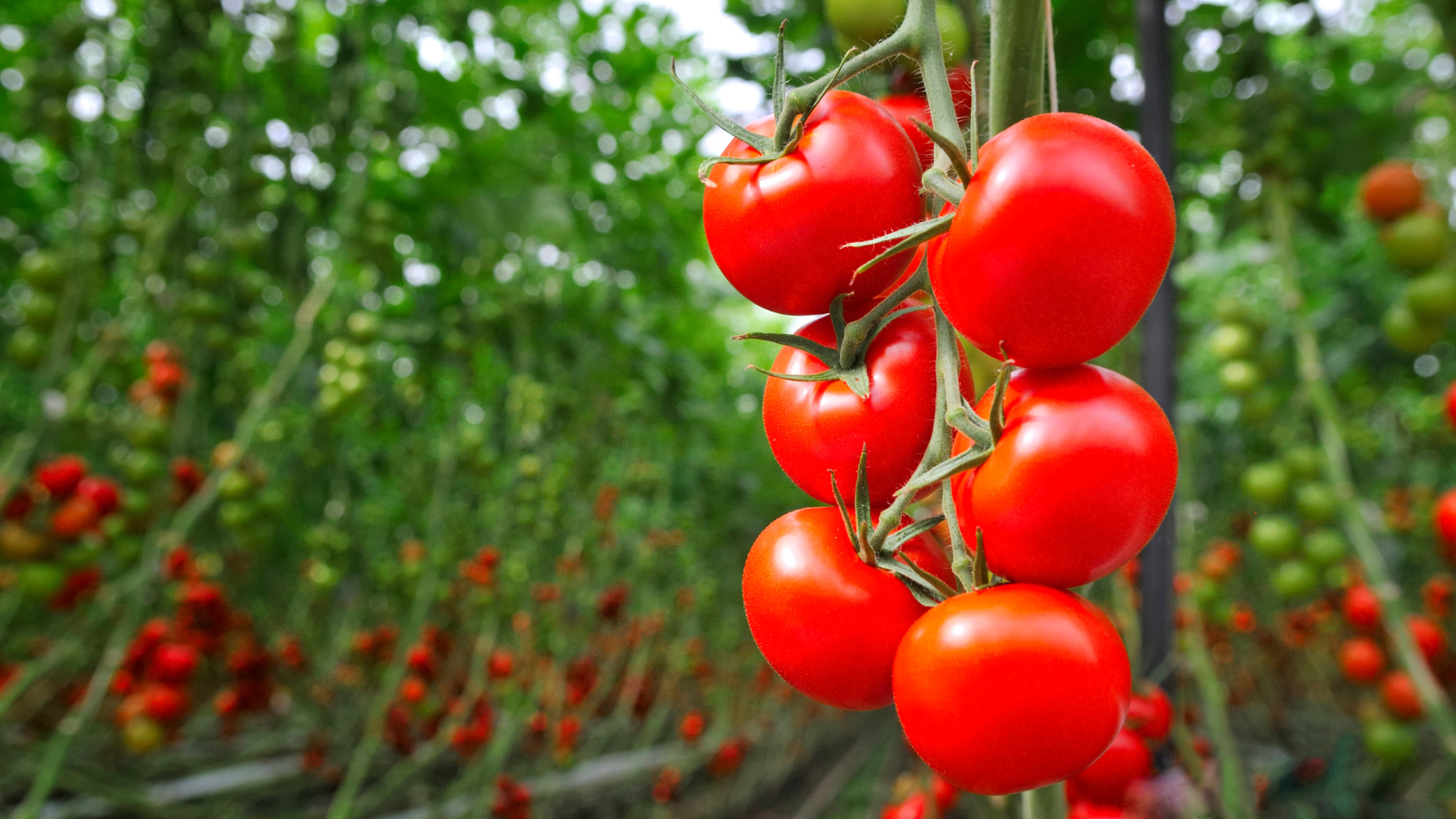On October 16th, we celebrate international World Food Day. This day was established in honour of the founding of the Food and Agriculture Organization of the United Nations in 1945. World Food Days have been with us for 41 years. Food has always been of vital importance to humanity, but the challenges related regarding food have changed. When the FAO was established, the key challenge was to feed the world. Today, the focus is on doing so in a sustainable way. This year again the special programme is offering several activities that have been running in more than 150 countries around the World and are communicated through the slogan: “Grow, Nourish, Sustain. Together. Our actions are our future.” All people are invited to actively take part and share #FoodHeros mindset.
Food satisfies basic human needs and enables a healthy and happy life. Due to economic growth, technology development and globalization, food production and processing raised new challenges that we have not faced in the past. Mass production is becoming increasingly problematic due to climate change, as well as the problem of long transport routes, resulting in environmental pollution. Food safety, healthy nutrition and large amounts of food waste are the key concerns for developed countries in accomplishing their responsibilities for reaching the Sustainable Development Goals (SDGs).
To reach these goals, we need to redesign our food systems. Luckily, putting our food systems on a sustainable path also brings new opportunities for operators in the whole food value chain. New technologies and scientific discoveries, combined with increasing public awareness and demand for sustainable food, will benefit all stakeholders. The EU is promoting the shift to sustainable food systems. To make food systems fair, healthy and environmentally-friendly, the European Commission has proposed the Farm to Fork Strategy as one of the pillars of the European Green Deal actions.
Hungry for data?
To see the challenges that face our food systems, one only has to look at the data. The world population is growing steadily and urban areas are being expanded further, erasing the borders between suburbia and rural. Today, 55 percent of the world’s population lives in urban areas. It is estimated that by 2050 this share will increase as two-thirds of the globe will be living in urban areas—that’s nearly 10 billion people! Rising globalization and urbanization have rapidly shifted urban consumption patterns around the world. EU farms used 173 million hectares of land for agricultural production, which results that around two-fifths of the EU’s land is farmed. Europe has 12 million farmers operating in a diversity of contexts and farm sizes and through the food chain employs more than 47 million people. Did you know that nearly 80 percent of all the food produced in the world is consumed in urban areas?
Food is unevenly distributed around the globe and access to varied and nutritious food is determined by the height of an individual’s income. Because of that, one-third of the world’s population is suffering from obesity or excessive weight on the one hand and on the other, 9.7 percent of the world population (around 750 million people) that were exposed to severe levels of food insecurity in 2019. Furthermore, the latest Eurostat data (2018) indicate that 33 million people in EU-27 countries cannot afford a quality meal (including meat, chicken, fish or vegetarian equivalent) every 2nd day. From the production to the consumption, food waste is painfully shifting and threatening the SDG goals. In the EU, around 88 million tonnes of food waste are generated annually with associated costs estimated at EUR 143 billion and globally, one-third of the food that is produced is wasted every year. Lastly, we have to remind ourselves how and in what manners the agriculture crops and food is produced and processed before it arrives on our plates. The data show that the global agrifood industry consumes 30 percent of the energy we create and accounts for 22 percent of the total greenhouse emissions. 50 percent of food production is at risk due to climate change, 20 percent of agricultural land is classified as degraded.
Our actions are our future.
The decisions we take as individual consumers are crucial. As aware and informed consumers, we influence the entire food chain. By choosing locally and traditionally produced high-quality food we can help to improve sustainability – in society and in the environment. In this way, individuals can improve their health and quality of life by changing their eating habits, while at the same time taking care of the planet. What can you do already today? Become inspired by some ideas here or actively take part in different activities supporting sustainable food systems here.
From farm to fork – zero km food
The concept of Zero km food (also Zero-mile food) emphasizes the importance of the food that is produced, sold and eaten locally. It has become established in an effort to get food from the farm to fork in the shortest time and distance possible. Such food is, of course, fresher, and retains more nutritional values as it is locally grown. The concept reduces pollution, as it does not require long food journeys, even from other continents. Ideally the food does not need additional storage or plastic packaging to be kept edible. Producers and providers of local agricultural products are committed to ensuring top quality, based on local specifics and methods of production and ensuring the traceability of food produced in accordance with the standards of organic or integrated production. They also ensure delivery with less storage and transportation costs. Supporting the livelihoods of small-scale food producers, improving the resilience of food production systems and encouraging the sustainable use of natural resources are all key to achieving Sustainable Development Goals. We can choose an enormous variety of fresh organic food because of farmers, who farm according to organic principles. Such food production, processing and providing is often a great challenge, but farmers persevere - because of love for nature, animals and fellow human beings.
The FoodE celebrates World Food Day #ThinkGlobalEatLocal
The FoodE project works in the direction of the key challenges presented. It will contribute to develop future-proof local food systems in urban areas. The project has united partners and initiatives across the Europe to exchange on solutions and involve public authorities, citizens, SMEs and non-profit organisations who will share ideas, best practices and tools with a view to supporting cities and regions in their transition towards innovative, sustainable food systems. FoodE will engage with local, citizen-led communities, identify success stories, and bridge these for knowledge exchange.15 pilot projects with local partners in 12 European cities/regions to show in practice that fresh and nutritious food can be sustainably produced in the urban regions, will be launched and widely promoted. These days, technology is by far the most sought-after ingredient in our diet. For this reason, a FoodE APP will be developed within the project to connect and innovative citizen-led food system stakeholders and consumers. This way, FoodE will pave the way for job creation, enhance local economies, and enable local communities to contribute to the Sustainable Development Goals, whilst increasing the relationships and interlinkages between the different actors of the food chains.
Authors: Tina Črnigoj Marc, Jerneja Penca - Arctur





